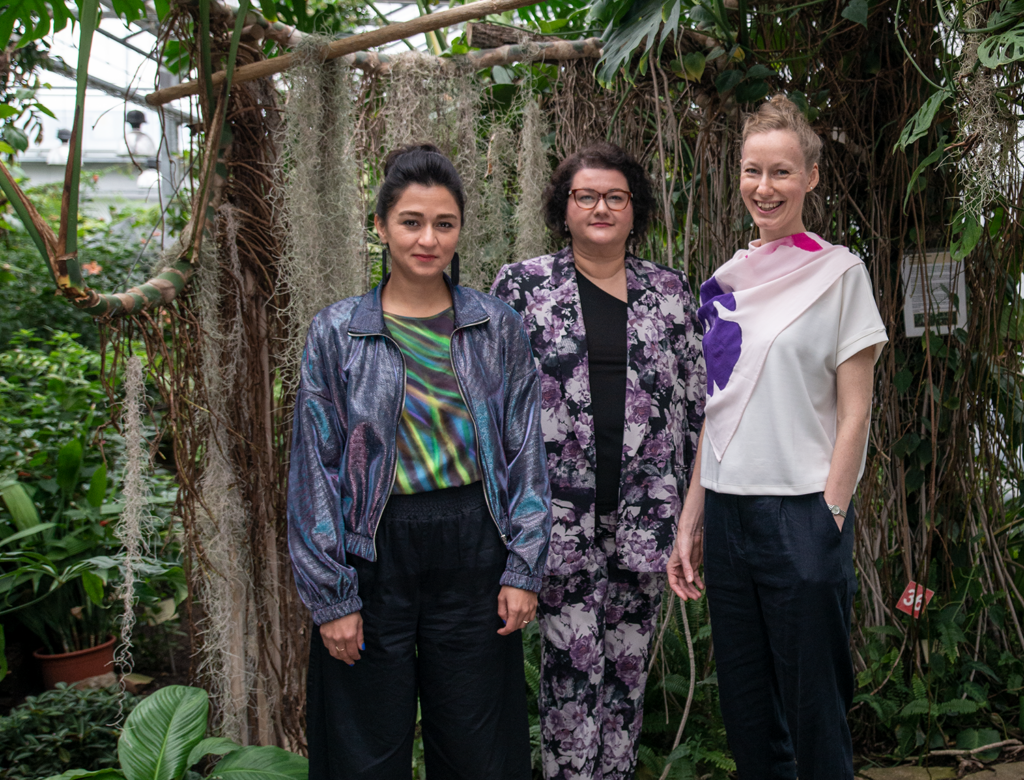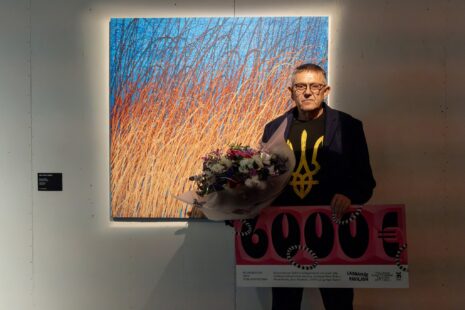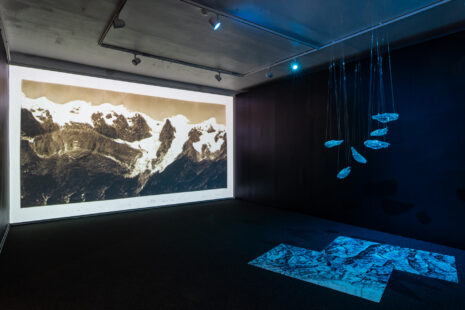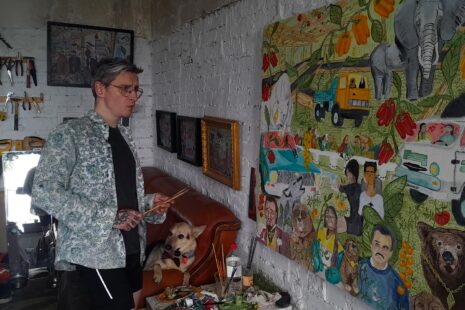The exhibition at the Estonian pavillion encompasses installation, film, photography, archive and performance and connects the past with the present, all through the lens of colonial botany and its socio-political ramifications. The artists and curator, with the guidance of advisor Sadiah Boonstra, and the contributions of a team of creative collaborators will create an immersive environment, featuring a film trilogy by Norman and a performative spatial intervention by Razavi.
As mentioned the exhibition takes as its point of departure the overlooked story of the Estonian nineteenth-century artist and world traveller Emilie Rosalie Saal, who was born in Tartu, Estonia, studied art in Petrograd (Russia) and stayed with her husband Andres Saal in Indonesia. Her work as an artist of tropical botanical flora combined with her personal history serves as a case study for entangled histories of self-determination, colonial experiences, neo-colonial structures, botany, science and art.
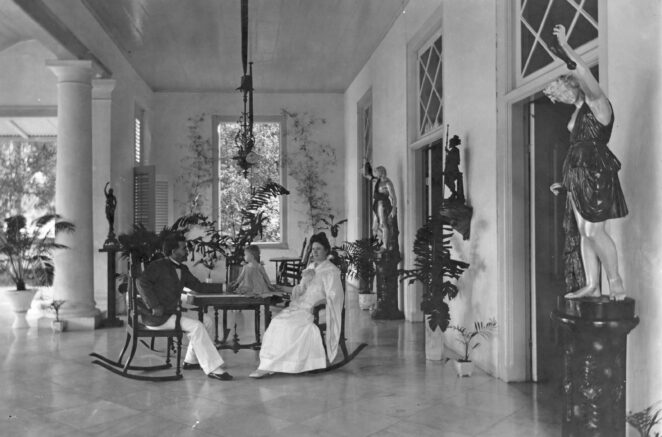
The title of the project reflects the orchid madness that gripped Europeans in the nineteenth century, Saal included, fed by an abundance of botanical illustrations that erased contexts and promoted an extractivist vision of local landscapes and people. The obsession with collecting tropical orchids that spans histories and geographies inspired Apostol to research its symbolism as well as the abuse of power exercised by orchid adorers. What were the consequences of Saal’s choices for indigenous peoples and landscapes?
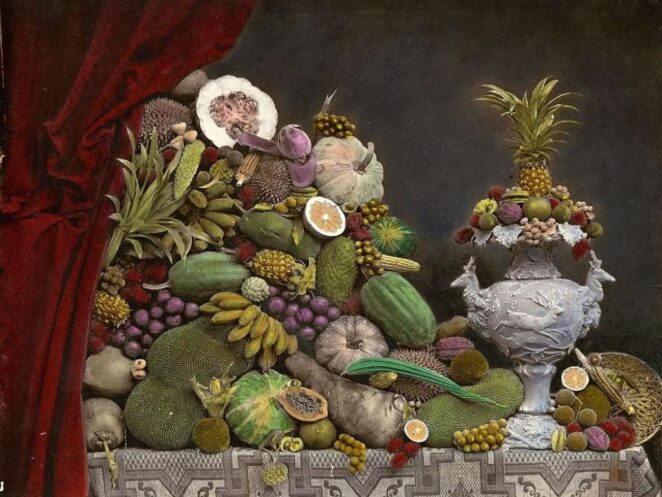
Emilie Saal in collaboration with Andres Saal, Tropical fruit still-life, overpainted photograph, c. 1910-1920. Courtesy of the Estonian Literature Museum.
Norman and Razavi reflect on their own cultural heritage and lived experiences while trying to engage critically with the colonial and neo-colonial discourses in the context of Estonia today. Norman’s films, entitled Rip-off, Shelter and Thirst, respectively, will explore the manor as an elite place of cultural transfer between upper-class Baltic German women and their servants through the knowledge of and fascination with tropical flowers; the cage as a liminal place of transformation, divided between a perspective from the inside and the objectifying gaze from the outside; the orchid nursery as a site connecting the Estonian mires and peat excavation industries, the import of tropical orchids and the circulation of capital and natural resources.
Razavi’s spatial intervention begins outside the pavilion, where the audience—initially unaware—enters into a system of categorisation. Re-enacting class divisions inscribed in architecture, she engages the viewer to reflect on the notions of hierarchy and privilege through performance. Addressing historical erasures and incomplete narratives, Razavi utilises changes of light in a site-specific installation and in display cases. A kinetic sculpture invokes a kratt, an enslaved magical creature from Estonian mythology, producing botanical drawings on command for those who accept its consequences.
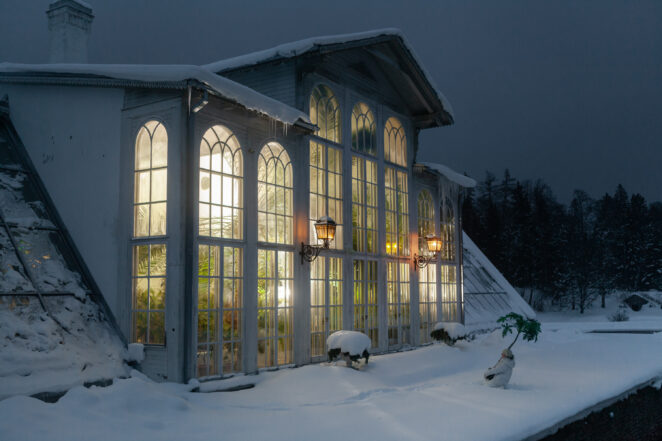
Kristina Norman. Photo from the set of film trilogy Orchidelirium, 2022. Photography Erik Norkroos. Courtesy of the artist.
Additionally, the viewer will discover Apostol’s research behind the project, in collaboration with Boonstra and the artists, which combines material from different archives in Estonia, the Netherlands and Indonesia and highlights positions of the colonial past and present. In collaboration with Norman and Apostol, choreographer and dancer Eko Supriyanto will develop a film-intervention that also asks: to what extent has coloniality actually ended? He explores the extensions of coloniality in nature, highlighting its ongoing exploitation in Indonesia and tying in issues of gender and race. Orchidelirium examines the historical experience of serfdom in Estonia from which the Saal emerged, her role in Dutch colonial history, and the experiences of the colonised people of Indonesia—in tandem with the alteration of their indigenous landscapes during the late colonial period and the ecological impact it continues to have to this day. Immersed in the exhibition, the viewer will access de-colonial ecological imaginaries and the socio-political ramifications of colonial ways of being, thinking, misunderstanding and doing.
The 59th International Art Exhibition, Venice biennial, will be open to the public from 23 April to 27 November 2022.

